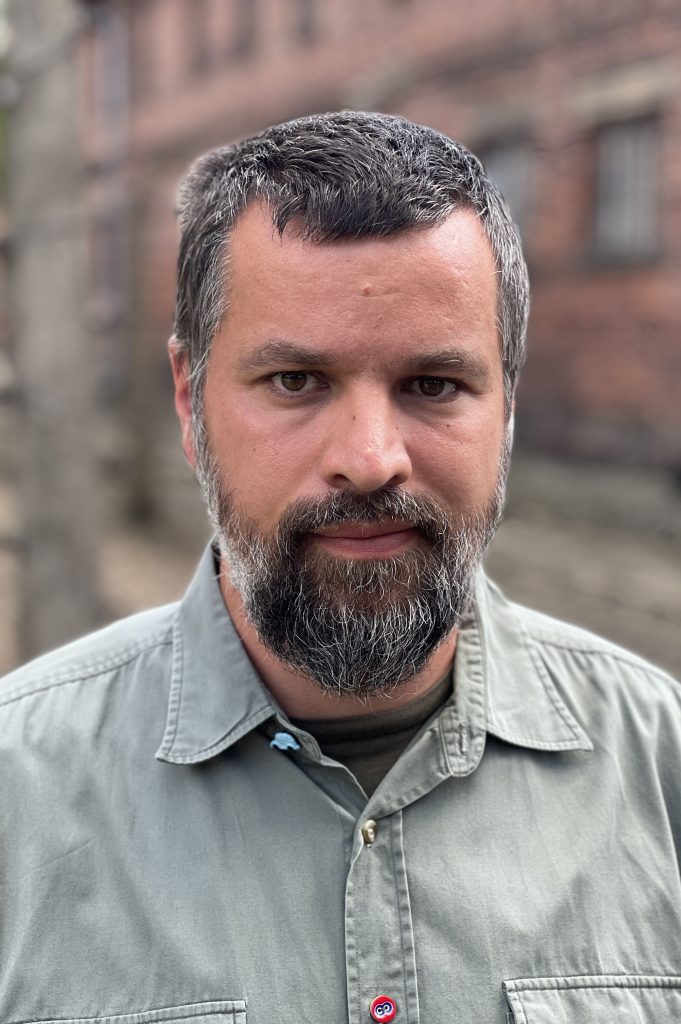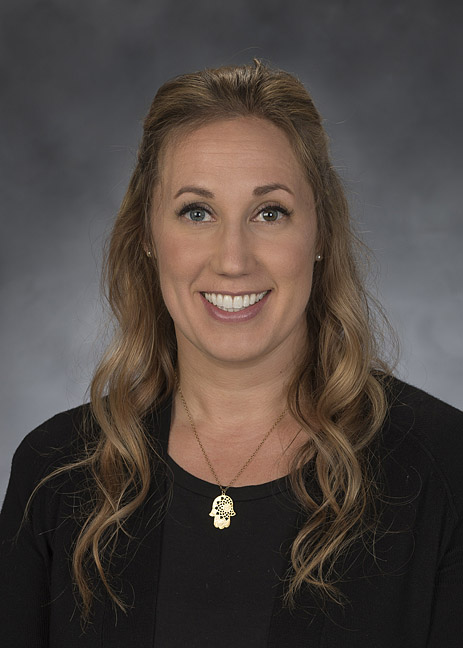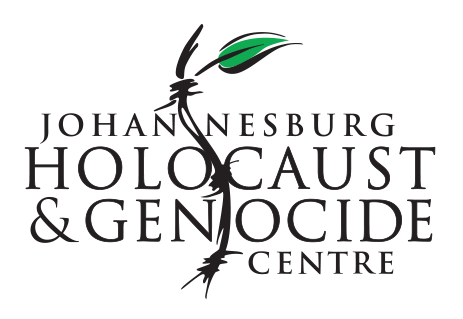The complexity of history and memories of Auschwitz
When we talk about Auschwitz today as a memorial site we need to remember that this is a place where many different memories coexist. This is the result of a very complex history of the German Nazi camp. Initially the prisoners and victims of the camp were Poles. Among its prisoners were also Jews, Roma, Soviet POWs and prisoners of other nationalities and minorities. From 1942 the camp became one of the places of the extermination of European Jews and Roma People. Most of the Jews deported to Auschwitz were murdered in gas chambers immediately after arrival. The presentation will discuss different aspects of Auschwitz as a site important to many different groups of people, as well as present new research done by the historians of the Museum about crucial aspects of development of the camp and its two functions: concentration camp and an extermination centre.
When we talk about Auschwitz today as a memorial site we need to remember that this is a place where many different memories coexist. This is the result of a very complex history of the German Nazi camp. The presentation will discuss different aspects of Auschwitz as a site important to many different groups of people, as well as present new research done by the historians of the Museum about crucial aspects of development of the camp and its two functions: concentration camp and an extermination centre.
 Pawel Sawicki
Pawel Sawicki
Paweł Sawicki, a press officer & educator at the Auschwitz Memorial. He is responsible for the social media activity of the Memorial that is followed on different platforms by over 2 million people. The editor-in-chief of the monthly online magazine Memoria & coordinator of the “Auschwitz. Not far away. Not long ago” exhibition project on behalf of the Museum. Co-author of the “On Auschwitz” podcast & author of the photo album “Auschwitz-Birkenau. The place where you are standing…” that compares 1944 images from Auschwitz II-Birkenau with the authentic site of the Memorial today. A photographer and a former radio journalist. For several years in Polish Radio 2 he authored a documentary feature series “Auschwitz – between crime and sanctity” that used the audio testimonies from the Auschwitz Memorial Archives.
–
Teaching about Genocide and Propaganda: A Conversation on Pedagogical Tools and Strategies
This interactive workshop will draw upon primary sources and scientific research that demonstrates how propaganda during war and conflict is used to create a culture of fear and paranoia that can escalate to mass violence. During the workshop we will analyse how propaganda’s clear messages promise clarity, relevance, and benefits, while dehumanising the target population. Participants will have the opportunity to both learn the material and explore a variety of pedagogical tools including hands-on and application-centred classroom activities that keep students engaged and impacted with the content. Participants will walk away with a clear understanding of how to share the knowledge learned, equipped with pedagogical tools and strategies to teach students about the role of propaganda in genocide.
 Nicole Fox
Nicole Fox
Nicole Fox, Ph.D., research centres on how racial and ethnic contention impacts communities, including how remembrances of adversity shape social change, collective memory and present-day social movements. She is a professor of criminal justice at California State University Sacramento where she teaches about atrocity crimes, mass incarceration, global criminology and law. Her 2021 book, After Genocide: Memory and Reconciliation in Genocide, focuses on how memorials to past atrocity shape healing, community development and reconciliation for survivors of genocide and genocidal rape. Her most recent project examines bystander intervention, with an emphasis on individuals who conducted acts of rescue during times of social unrest and political violence. Her scholarship has been published in Social Problems, Signs, Social Forces, Deviant Behavior, the Journal for Scientific Study of Religion, Sociological Forum, Societies without borders, among others. Her work has generously been supported by the Harry Frank Guggenheim Grant, the National Science Foundation, Andrew Mellon Foundation, University of New Hampshire’s Prevention Innovation Research Center, Society for the Scientific Study of Religion, Society for the Study of Social Problems and the American Sociological Society’s Fund for the Advancement of the Discipline and others. She also serves on the United Nations Economic and Social Council and contributes to the UN Commission for the Status of Women held annually at the UN headquarters.

